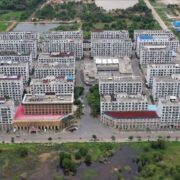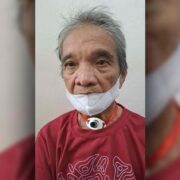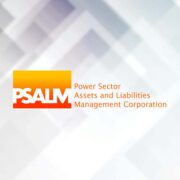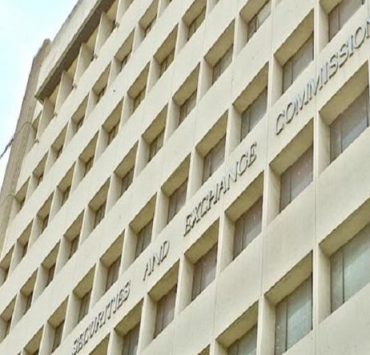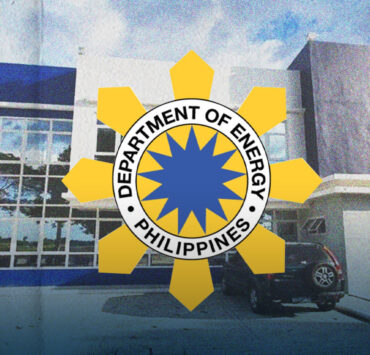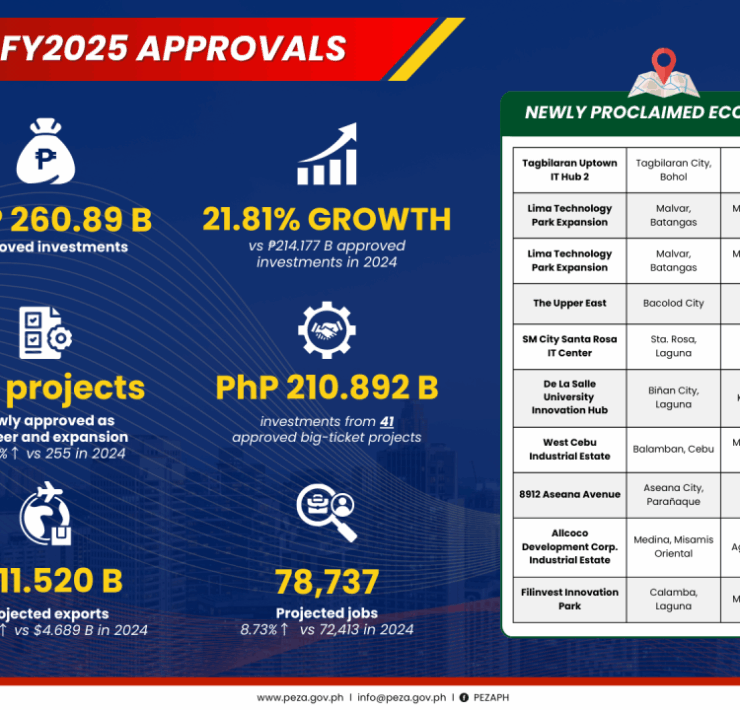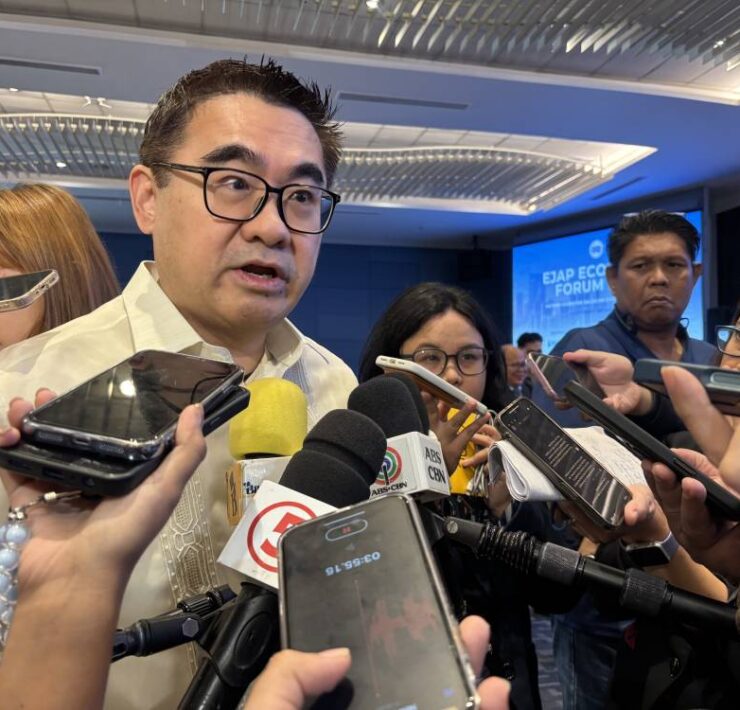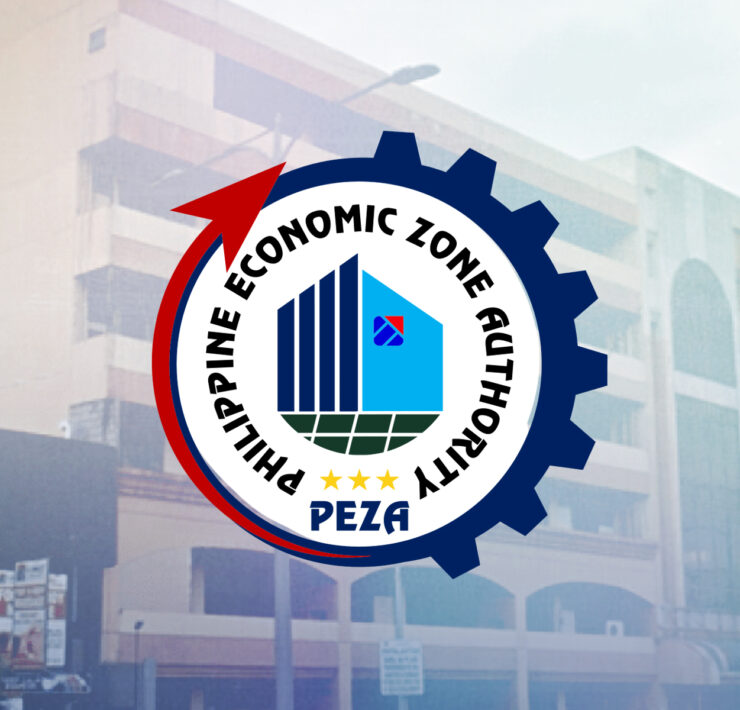Eroded investor confidence
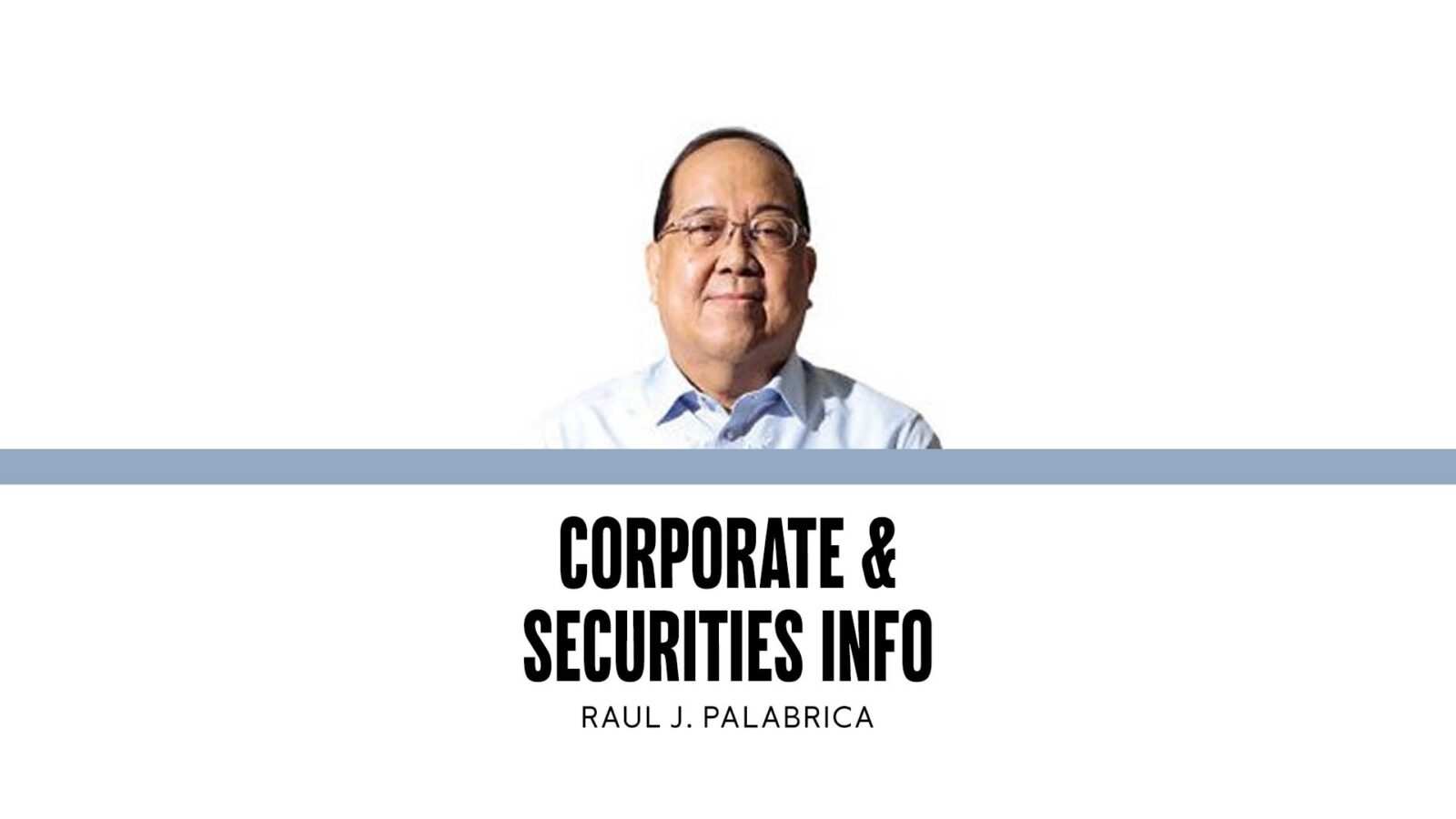
The fallout from the ongoing controversy over anomalous flood control projects has gone beyond the halls of Congress, the Department of Public Works and Highways and the private contractors involved.
According to Ramon Monzon, president and CEO of the Philippine Stock Exchange, some P185 billion in market capitalization was lost in the preceding weeks as the issue raged.
He agreed with the earlier statement of Securities and Exchange Commission chair Francis Lim assailing the level of corruption in the country and its adverse effects on the economy and financial markets.
Although the stock market is not a microcosm of the state of the economy, sharp movements in stock trading are considered snapshots of the reaction of investors to significant political and economic events.
They influence the decision of investors on whether to unload their shares before things get worse or load up on stocks whose price had been or are expected to be adversely affected by those events.
News about the misuse of government funds in “ghost” and substandard flood control projects are not confined to the Philippines. Several international news agencies have picked them up and reported them in their print, online and TV reports.
They were also featured in some podcasts or online chat rooms that deal with commercial or business issues in different parts of the world.
No doubt, the hedge funds and foreign companies that have substantial investments in Philippine companies, in particular, those listed on the stock market, including international financing institutions that have extended enormous credit to flood control-related infrastructure projects, are seriously concerned about the effects of the corruption issue on their money.
Sad, but true, the Philippines is not exactly an easy sell for foreign investments, so those who took a leap of faith on the country may now be questioning the wisdom of their action.
Their knee-jerk reaction could be to hold in abeyance earlier plans to expand their investments or sell their shares at the best price possible to minimize possible losses, or both.
The top executive of listed companies with foreign stock portfolios who may get calls in connection with the corruption issue would be walking on eggshells, so to speak, in responding to nervous investors.
How can they discuss that issue and truthfully comment on it without impliedly shaming the government or impugning the integrity of the members of Congress who had been implicated in the anomaly?
Fudging or skirting the issue is not going to be easy and, worse, may not sit well with investors who know their onions, so they might as well tell the truth about corruption in government, in particular, how some lawmakers have used their position to enrich themselves at the expense of the people and feel smug about it.
What puts things in a tighter spot is the fact that the present controversy is a virtual repeat of the 1996 scandal when several members of Congress (again!) were enmeshed in pork barrel scams with businesswoman Janet Lim Napoles, who is now in jail for the crimes she had committed in tandem with them.
But the irony of things is, many of her co-conspirators are still on the loose and whether or not they would eventually share her fate is a big question mark.
Given those circumstances, a foreign investor cannot be faulted for thinking that the same result could come out in the flood control project anomalies. Hence, it may be the better part of discretion to pull out the investment and put it elsewhere in the region where corruption in government is less perverse.
It would take a lot of persuasion to make an anxious foreign investor believe that the corruption issue is being forcefully addressed by the national leadership, that the guilty parties would serve time in prison and, most importantly, that the Philippines remains a viable area for investments.
Note that once business or investor confidence is lost, getting it back is not going to be easy.
For comments, please send your email to raul.palabrica@inquirer.net











